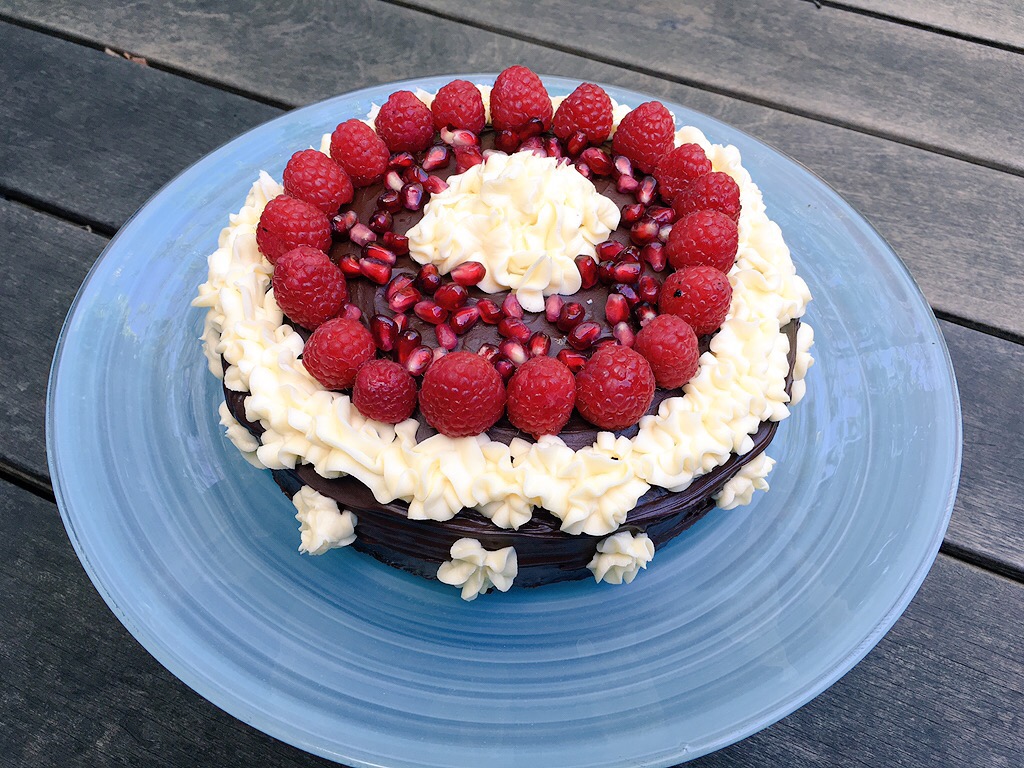
Continuing from my sweeteners vs sugar post last week, this Thursday I compare agave syrup, honey and maple syrup with sugar. These natural sugar substitutes still contain calories, although less than sugar, but are not “sugar-free” as they contain glucose, fructose or sucrose or a combination of them which when consumed regularly can have detrimental effects on health.
Agave syrup is extracted from some species of the Mexican Agave plant, especially Tequilana Agave (Agave Azul) and Agave Salmiana, which are also used in the production of tequila.
Agave syrup contains higher levels of fructose than glucose. This means that agave syrup has a less pronounced effect on our blood sugar levels and doesn’t promote energy high and lows as sugar does. Agave syrup contains 25% less calories and it is sweeter than sugar so you need less to sweeten your coffee or bake a cake.
But of course, nothing in the sweet world is perfect. Fructose is a carbohydrate that has recently raised much controversy because when consumed in large quantities, is quickly turned into fat by the liver contributing to weight gain and possibly leading to liver disease. Some scientists relate the obesity epidemic in the US with high fructose consumption, especially in soft drinks and ready-to-eat foods.
Research has established that some species of agave contain fructans which are prebiotics that help maintain healthy beneficial bacteria in the colon such as bifidobacteria and lactobacilli. However, the production processes of agave syrup, either enzymatic or involving heat, transform these fructans into fructose and destroy their prebiotic properties.
If you decide to use agave syrup, do it in moderation for the reasons explained above and make sure it has not been mixed with sugar, glucose or fructose. When shopping, look for pure agave syrup and darker rather than lighter in colour as the darker the syrup, the less processed it is and therefore the higher the level of nutrients (eg. potassium) it contains.
Honey, despite having 25% less calories than sugar, contains high levels of glucose and fructose, which may have negative effects on health if consumed regularly.
So, enjoy honey in moderation and check the labels when shopping: pure honey that has not been heated during processing (raw honey) contains prebiotics to feed your good gut bacteria and higher levels of nutrients such as magnesium, iron and selenium. Raw honey also contains digestive enzymes and has antibacterial properties helpful in treating wounds and burns. Manuka honey, especially, has been effective in treating some infections resistant to antibiotics.
And do remember not to use raw honey cakes or hot drinks because high temperatures can destroy its health promoting properties.
Pure maple syrup, the kind that has not been mixed with glucose, fructose or sugar, contains minerals like iron, calcium, potassium and manganese and contains 35% fewer calories than sugar. And it also tastes delicious in pancakes and over porridge!
However maple syrup contains about 68% sucrose consisting of both glucose and fructose, a level considerably lower than sugar which is 100% sucrose, but that can still have a damaging effect on blood sugar and energy levels throughout the day.
Therefore, my advice is the same as with honey: look for a good quality product, darker in colour to ensure it has been less processed and enjoy it in small quantities.
Tip: Add a some fibre (eg. wholemeal flour in your pancakes) and a little healthy fat to your meal (ground almonds, rapeseed oil or coconut cream in your baking) when using maple syrup, honey or sugar so the glucose impact on your blood sugar levels is not so marked.